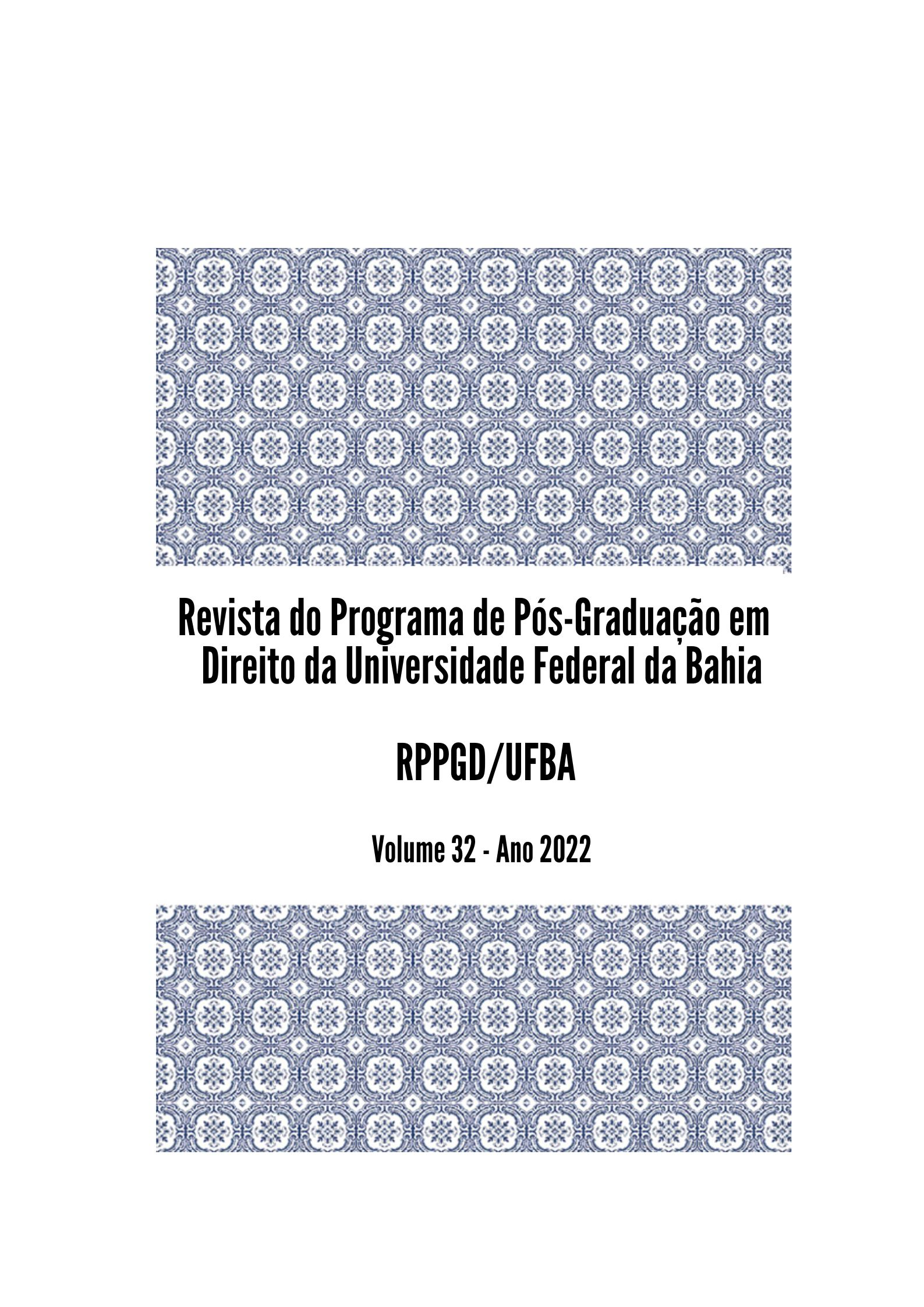THE ADMINISTRATIVE RESPONSIBILITY OF THE PUBLIC ATTORNEY FOR THE FACT OF THE OPINION ISSUED IN THE NEW ADMINISTRATIVE IMPROBITY LAW
DOI:
https://doi.org/10.9771/rppgd.v32i0.52154Keywords:
Improbidade administrativa. Advocacia Pública. Supremo Tribunal Federal.Abstract
: Administrative impropriety acquired meaning and relevance, increasingly growing, among the agendas of political-legal discussions in the country. Its close relationship with public morality and its political, administrative, civil and criminal impacts reveal the dynamism and complexity of the topic addressed in specific legislation recently amended. The present research seeks to investigate the changes and legal impacts of the new law of administrative impropriety (Law n. 14.230/2021), especially with regard to the defense of the agent by public law. For due confrontation, bibliographical and documentary research was the widely used methodology, combined with a detailed jurisprudential analysis of ADI 7042 and ADI 7043. In order to build a solid structure that would allow the specific analysis of the aforementioned constitutional remedies, at first, the concept and relationship between probity and administrative morality was critically addressed. Then, in the second part of the work, the functioning of the system of accountability for acts of improbity today in Brazil was specifically analyzed and, finally, in the third part, it was possible to draw conclusions about the reflexes and jurisprudential repercussions of the new law, with emphasis on the defense of the agent by the Public Advocacy.
Downloads
Downloads
Published
How to Cite
Issue
Section
License
Copyright (c) 2022 Revista do Programa de Pós-Graduação em Direito

This work is licensed under a Creative Commons Attribution-NonCommercial-NoDerivatives 4.0 International License.
1. Autores mantém os direitos autorais e concedem à revista o direito de primeira publicação, com o trabalho simultaneamente licenciado sob a Licença Creative Commons Atribuição 4.0 Internacional que permite o compartilhamentodo trabalho com reconhecimento da autoria e publicação inicial nesta revista.
2. Autores têm autorização para assumir contratos adicionais separadamente, para distribuição não-exclusiva da versão do trabalho publicada nesta revista (ex.: publicar em repositório institucional ou como capítulo de livro), com reconhecimento de autoria e publicação inicial nesta revista.
3. Autores têm permissão e são estimulados a publicar e distribuir seu trabalho online (ex.: em repositórios institucionais ou na sua página pessoal) a qualquer ponto antes ou durante o processo editorial, já que isso pode gerar alterações produtivas, bem como aumentar o impacto e a citação do trabalho publicado

